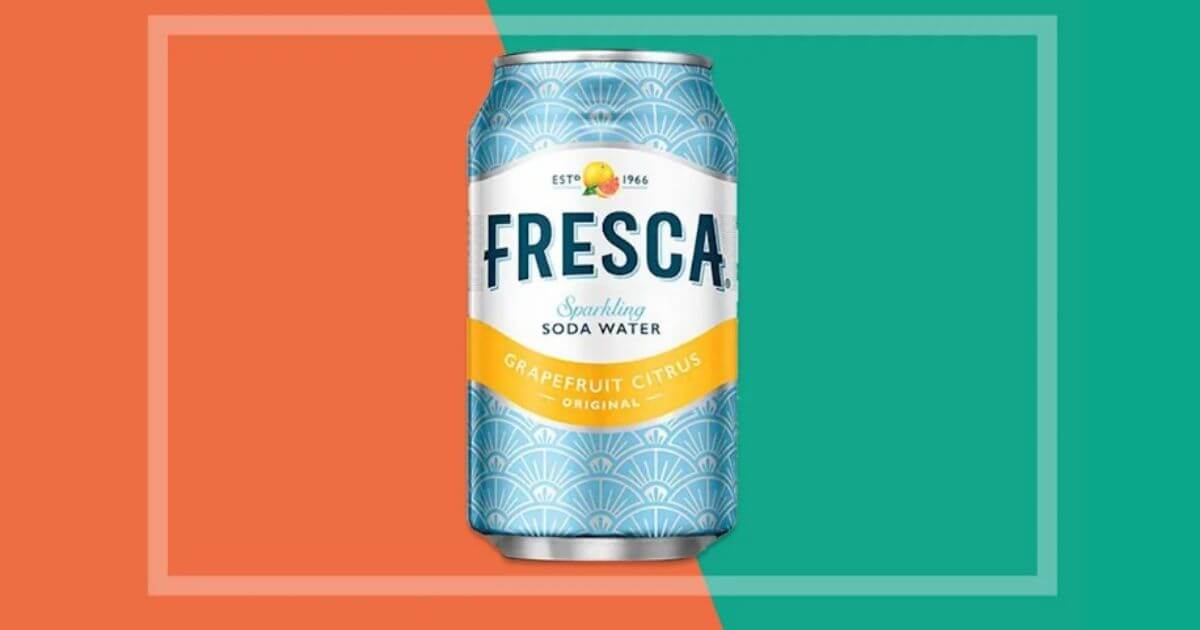Alcohol Brands Primed for Licensing and Collaborations

Licensing is increasingly becoming part of the mix for hard seltzer and ready-to-drink (RTD) mixed cocktails.
That was most evident in Constellation Brands’ announcement last week of a licensing agreement with Coca-Cola Co. to bring Fresca diet soda into RTD mixed cocktails later this year based on recipes from the brand’s global fans, about half whom already use it as a mixer.
Yet that is only the most recent of several companies licensing brands in a bid to stand out in an already crowded market for both RTD mixed cocktails and hard seltzer. Despite global revenue of more than $4 billion, “off-premise” hard seltzer, that which is sold to consumers, suffered a “dramatic slowdown” in sales in 2021, said Constellation Brands CEO William Newlands, whose company also sells Corona Spiked Seltzer in North America under a licensing deal with AB InBev.
Hard Seltzer Downturn
The downturn in sales came as the number of hard seltzer brands ballooned to 65 last year from 18 in 2018, something that has only fueled the need for licensing amid heightened competition. But that’s also come amid a spike in sales of RTD cocktails (wine, spirts and malt-based) to $721 million in 2021 from $134 million four years earlier with a 12% annual increase in sales expected through 2028, according to Grandview Research.
In both cases, the interest in licensing has grown and is likely to be sustained beyond the initial launch given the funding required to create the various formulations. For example, Boston Beer Co., home to market leader Truly hard seltzer, is branching into malt beverages in licensing PepsiCo’s Mountain Dew for launch later this year. That follows a year in which Truly sales slowed. While Boston Beer at the start of 2021 forecast its hard seltzer volume increasing 70%, it’s likely to end the fiscal year with 15-20% growth as the overall category rises 0-10%, CEO David Burwick said in noting the hard seltzer marketed began to “decelerate” last July. Mark Anthony Group’s White Claw (54%) and Boston Beer Group’s Truly (21%) have about 75% of the hard seltzer market. Meanwhile, the market for premixed cocktails increased 50% between 2019 and 2020, according to the research firm IWSR.
Beyond beer
That’s forced Boston Beer to move beyond beer in striking licensing agreements with PepsiCo and Maker’s Mark’s Beam Suntory with the latter’s Sauza tequila brand moving into RTDs and Truly hard seltzer shifting into bottled spirits by mid-year. The licensing will spread across of Suntory’s “key brands,” says Burwick. That move hasn’t been lost on rival Molson Coors, which paired its Coors hard seltzer with a licensed version using Coca-Cola’s Topo Chico mineral water brand.
“We can satisfy consumers’ needs with our lineup of brands and we can innovate as we have and very successfully over time to reach those consumers,” Burwick said. “But given the different dimensions that beyond beer is taking, we might need to have some partners for certain things like Beam Suntory and Mountain Dew as well. Everybody is exploring growth beyond their traditional lanes. The consumers are very supportive of that. There is a new consumer who is alcohol agnostic.”
New Forms
That expansion beyond traditional distribution, also is taking on some new forms. For example, Portland, OR-based Eastside Distilling launched a limited edition licensed Lay’s potato vodka based on its Portland Potato Vodka (PPV) that quickly sold out. And Cannabis supplier Alphria acquired Sweetwater Brewing Co., known for its 420 brand craft beer, a version of which uses plant-derived terpenes that mimics the smell of cannabis. As part of the acquisition, Alphria is expected to introduce THC- and CBD-infused hard seltzers. Constellation also has been an investor in cannabis company Canopy Growth Corp. with a goal of developing cannabis-infused drinks for the Canadian market.
“There are two things that companies are focused on and that is they want to build a very unique product that has a very special flavor profile and it’s handcrafted,” Eastside CEO Paul Block said. “And they want to do it in a very kind of discovery, targeted, micro marketing manner.”




